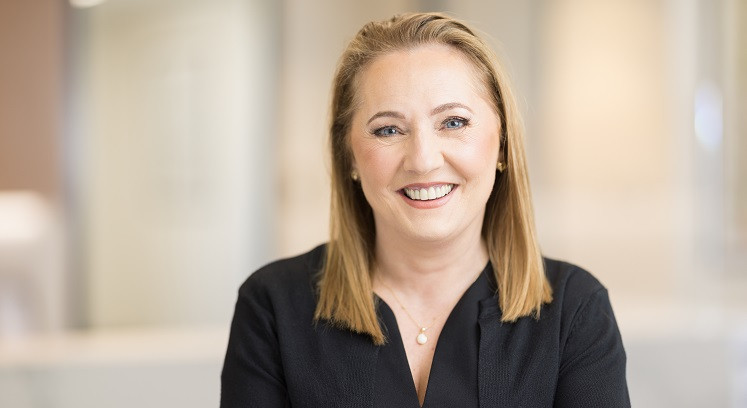Interview with Neurosurgeon Dr Marguerite Harding
Dr Marguerite Harding from the Adelaide Neurosurgery Centre shares why she decided to specialise in neurosurgery, her approach and why she values her relationship with her patients.

What is the most meaningful part of your role as a Neurosurgeon?
The privilege of being able to offer expertise and advice to my patients to help find solutions for medical issues that are troubling them.
Getting to know people in times of crisis and seeing the amazing resilience that patients, and their families, bring to the most trying time of their lives is inspiring.
Being able to share the journey with my patients and to hopefully help in some way.
Please explain why you chose to become a Neurosurgeon as opposed to another specialisation.
Initially I was drawn to the technical and intellectual challenge. I also enjoyed the fact that no two days at work are ever the same. Increasingly the relationship with patients and families with challenging problems has provided depths to my professional life. The richness of teaching junior colleagues and students is also immensely rewarding.
What is your approach to building a relationship with your patients?
Trust is absolutely key to building a good relationship between a doctor and a patient. I think this is gained by being open and honest at all times. By being realistic but also empathetic to the patient’s journey. I consciously practice every day to be a good listener and to actively listen to my patients.
What has been a career highlight for you and why?
I feel I have been extremely lucky to have the career I have had. Moving to Adelaide and being surrounded by great role models and mentors has been invaluable. The diversity of experience I have gained from multiple exposures has allowed me to mature into the kind of surgeon I would wish to have treat me if I was ill.
What is your favourite part of your role and why?
I love my job! It is hard to pick a favourite aspect. However, I have always felt that teaching the next generation is vitally important. I really enjoy teaching, passing on my experience and I gain so much from the experience myself.
Can you please talk me through one patient's story that has stayed with you - tell me what happened and why/how this has impacted upon you?
It has been a privilege to know and treat so many of my patients and I have learnt some of my most important life lessons in practice from them. So many of their unique stories have made such a tremendous impact on my career, and my person, and it is hard to single out one.
However, I recall a middle-aged man who was admitted with a spontaneous bleed into his brain. He had an unusual blood vessel abnormality that would bleed again unless treated quickly. He underwent urgent surgery and the blood clot was removed and the blood vessel abnormality was treated.
He recovered well from this operation, but then subsequent tests showed that he had a second unrelated blood vessel abnormality. He then underwent another major operation to treat this condition.
Again, he made a good recovery from the surgery and from outward appearances he had recovered completely. He could walk, talk and eat normally. His vision was not impaired and he could hold a normal conversation.
He was however significantly traumatised by the events of two serious health conditions in short succession. He found that family and friends were relieved that surgery had been successful, that he had recovered, and were urging him to move forward with life as normal.
However, the impact of these events had not only affected his physical health. Because he appeared physically healthy, no one could understand that he was still struggling with the cognitive and emotional load of his condition, and the experience of having nearly died from the first bleed.
This has always stayed with me for two reasons. It is unusual to have two different blood vessel conditions like this, but more importantly it was striking that even though this would be regarded as a successful brain operation, the emotional consequences for the patient should not be underestimated. I remain mindful of the emotional impact of critical health issues for all of my patients and carry this into my everyday practice.




